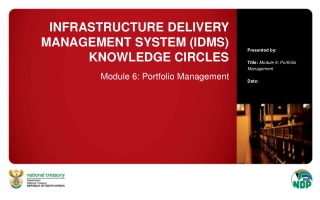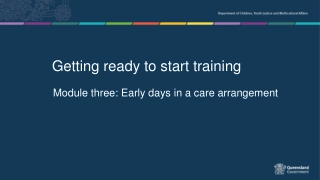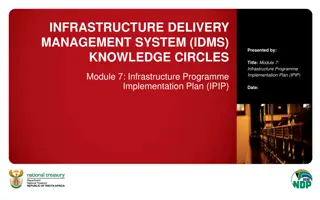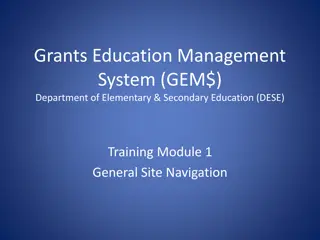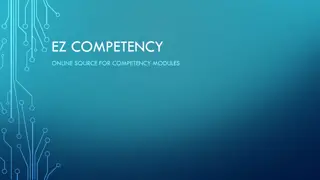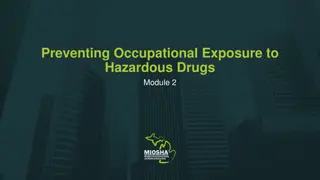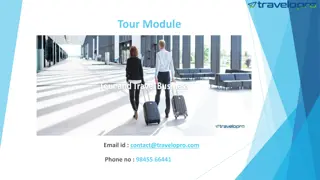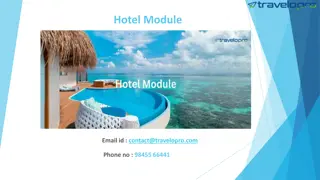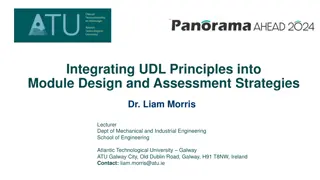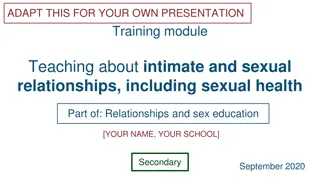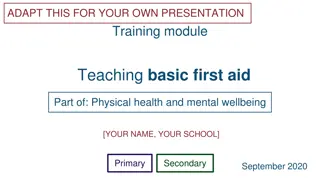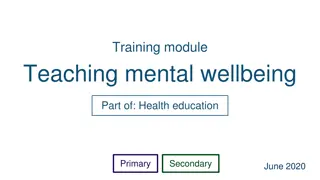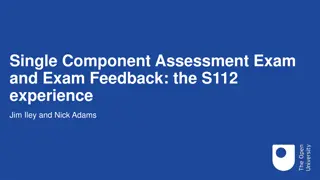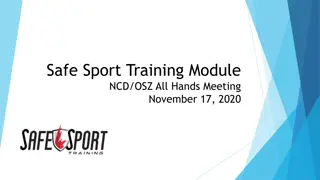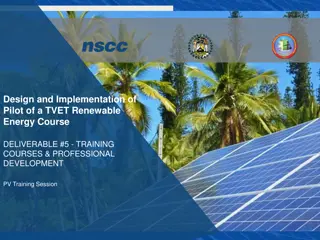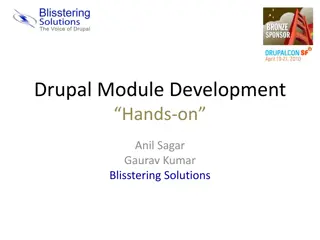
Meet Professionals in Nonprofit Leadership and Communication
Learn about Becky Bowen, Jessica Katz Jameson, Susan Scherffius Jakes, and Mary Tschirhart - experts in nonprofit management, communication, and community development. Explore their backgrounds, roles, and contributions in the nonprofit sector.
Download Presentation

Please find below an Image/Link to download the presentation.
The content on the website is provided AS IS for your information and personal use only. It may not be sold, licensed, or shared on other websites without obtaining consent from the author. If you encounter any issues during the download, it is possible that the publisher has removed the file from their server.
You are allowed to download the files provided on this website for personal or commercial use, subject to the condition that they are used lawfully. All files are the property of their respective owners.
The content on the website is provided AS IS for your information and personal use only. It may not be sold, licensed, or shared on other websites without obtaining consent from the author.
E N D
Presentation Transcript
Becky Bowen She is an attorney and has served several nonprofit organizations in various capacities, including communications director, general counsel and executive director. She currently is a Co-Director of Carolina Common Enterprise, a nonprofit cooperative and community development center. Jessica Katz Jameson is an Associate Professor in the Department of Communication at NC State University. She teaches courses and conducts community-engaged research on the topics of organizational communication, conflict management and nonprofit leadership. She chairs the Academic Council for the Institute for Nonprofits and serves on the Extension, Engagement and Economic Development task force for the College of Humanities and Social Sciences. Susan Scherffius Jakes is the Associate State Program Leader for Community Development, an Extension Assistant Professor with NC Cooperative Extension and an Adjunct Professor in Psychology at North Carolina State University. She received a Ph.D. in Community Psychology from North Carolina State University. Mary Tschirhart is a Professor of Public Administration at The Ohio State University. She served as Director of the Institute for Nonprofits and Professor of Public Administration at NC State University from 2008-2013. She has published extensively on nonprofit topics including board governance. She recently co-authored a text titled Managing Nonprofit Organizations. Dr. Tschirhart has served on six nonprofit boards in a variety of roles, including president, and led a nonprofit as its executive director.
Module 6 Thinking Strategically
Goals for this Module Participants will be able to: articulate the importance of planning for organizational effectiveness build flexibility into plan implementation to effectively adapt plans to changing contexts Identify organizational values that support the balancing of flexibility and planning TBP
How we are taught to plan = + + TBP
Reality Our work and programs TBP
How to be strategic and flexible Strategically planned structure Flexibility to innovate and adapt TBP
Paired interviews Tell a story of a time when you were part of an organization that was a plan-ful organization. TBP
Interview Questions What was your role in this organization? What did you do to make this responsive planning happen? What did others do? What were the results of this for the organization? TBP
What are the elements of an organization with a clear, flexible, and adaptive plan? Strategically planned structure Flexibility to innovate and adapt TBP
Benefits of good planning (adapted from Carter McNamara) Planning serves a variety of purposes; it helps to: Define the purpose Establish realistic goals and objectives Communicate those goals and objectives Develop a sense of ownership of the plan Use organization s resources effectively Focus on organization s priorities Helps frame evaluation TBP Build a consensus around the organization s direction
Vision versus Values Both can drive strategic planning Vision (where you want to go) should reflect values (the culture or way in which you operate to get there) Organic small organizations may run on values for a long time with no systematic plan or written vision TBP
Organizational Values http://www.youtube.com/watch?v=g6WHAfWqX3s
Vision and Values How do vision and values work with the organizational elements we talked about earlier to build organizational capacity in flexible planning? TBP
Evaluation What are the key points of this module? What did you find most useful? What can we improve upon? Other items you want us to cover? TBP
Curriculum Modules Module 1: Foundations for Transforming Board Practice Module 2: Legal and Recruitment Issues Module 3: Governance and Board Structure Module 4: Enhancing Board Engagement Module 5: Constructive Conflict Module 6: Thinking Strategically Module 7: Asking the Right Questions Module 8: Board Meeting Communication TBP
Curriculum Modules PDF copies of the curriculum modules are available for viewing on the NC Thrive portal: http://communitydevelopment.ces.ncsu. edu/local-government-nonprofits/ TBP
References Cooperrider, D.L., Whitney, D., Stavros, J.M. (2008). Appreciative Inquiry Handbook: For Leaders of Change (2nd edition). Brunswick, Ohio: Crown Custom Publishing Inc. For additional information, case studies, articles, materials and meeting design please visit the Appreciative Inquiry Commons at http://appreciativeinquiry.case.edu/ McNamara, C. (2007). Field Guide to Nonprofit Strategic Planning and Facilitation (3rd edition). Minneapolis, Minnesota: Authenticity Consulting, LLC TBP

